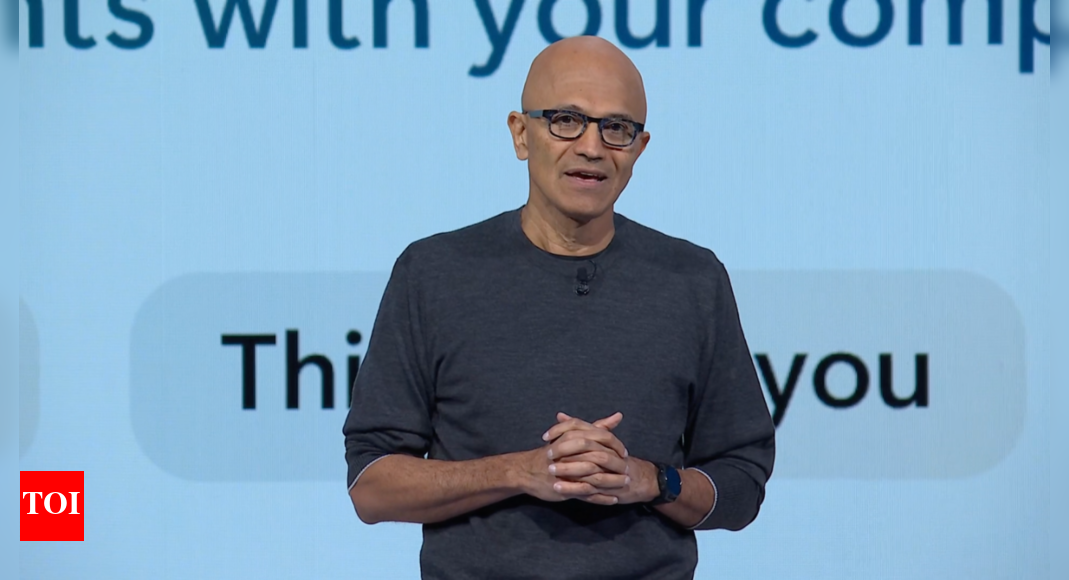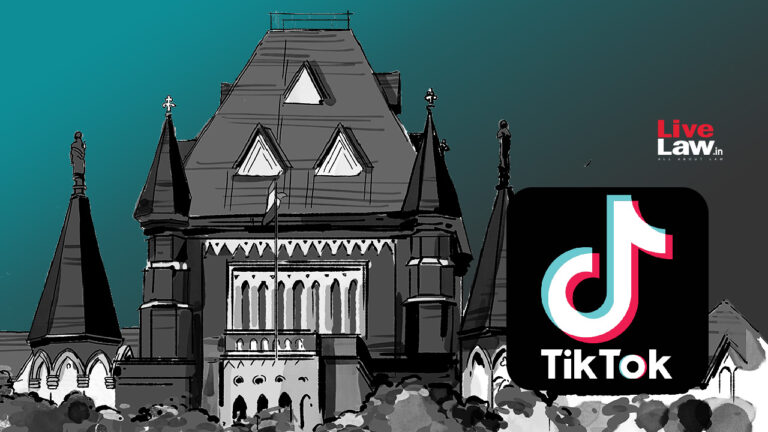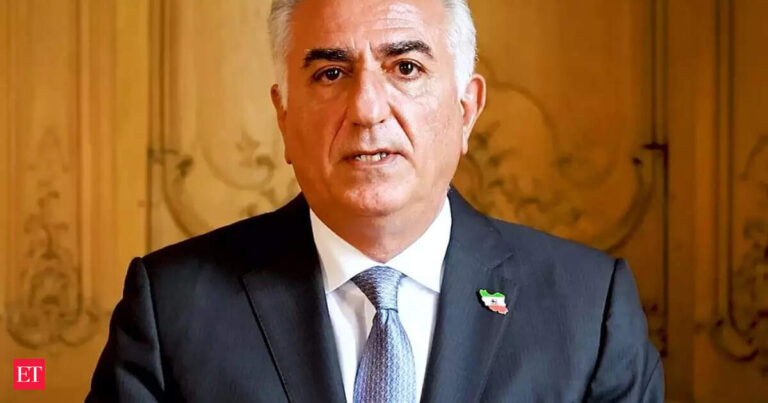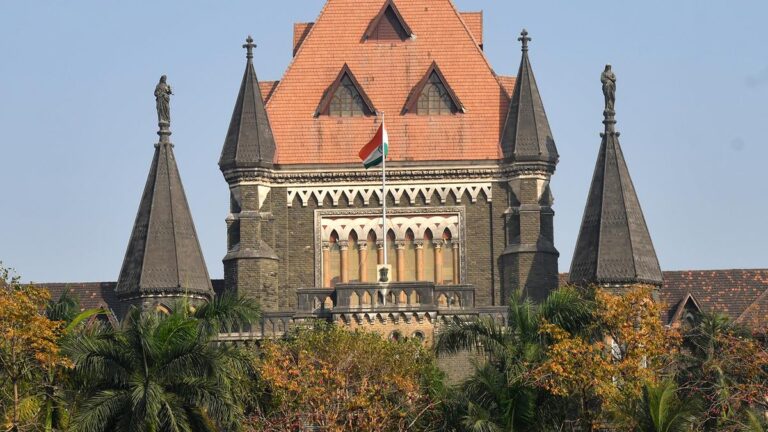Microsoft Build 2025 Shuts Down as Employee Protests ‘Free Palestine’ During Keynote Speech
Microsoft’s Build 2025 Event Plagued by Protests: A Deep Dive into Employee Dissent
During the much-anticipated Microsoft Build 2025 conference, a significant disruption took place just as CEO Satya Nadella took the stage for his keynote address. An employee, later identified as Joe Lopez, interrupted the proceedings by shouting “Free Palestine,” demanding accountability from Microsoft regarding its contracts with the Israeli government. This incident marked the second time this year that an event featuring Nadella encountered protests, emphasizing a growing trend within the organization.
A Echo of Past Protests
The tensions at Microsoft have been on the rise since earlier this year, particularly during a series of commemorative events celebrating the company’s 50th anniversary, where similar “Free Palestine” chants were voiced. During this earlier celebration, protesters also labeled Microsoft’s AI division leader, Mustafa Suleyman, as a "war profiteer." Such expressions of dissent are largely driven by the company’s involvement in cloud and AI contracts tied to Israeli military operations.
In a poignant moment during the Build 2025 event, Lopez shouted, “How about you show them how Microsoft is killing Palestinians? How about you show them how Israeli war crimes are powered by Azure?” His fervent declaration was met with swift action from security personnel, who escorted him out of the venue.
Continuing with the Address
Despite the interruption, Nadella continued with his keynote address, underscoring Microsoft’s commitment to innovation and technological advancements. However, the disruption raised serious questions about the internal dynamics within the tech giant and the ethical implications of its current business partnerships.
The Brother in Arms of Dissent: Joe Lopez
Joe Lopez, a four-year veteran at Microsoft working within the Azure hardware systems team, is no stranger to public protests. Following the disruption, he reportedly sent a company-wide email explicitly challenging Microsoft’s assertions regarding its technology’s use in conflict zones. In the email, he claimed that the company’s leadership “rejects our claims that Azure technology is being used to target or harm civilians in Gaza.” His message resonated deeply among those within the company aware of the ongoing humanitarian crisis in the region.
Key highlights from Lopez’s email include:
- Accusations of Misinformation: Lopez stated that the leadership’s denial of any harm stemming from Microsoft’s technology was a "bold-faced lie."
- On the Use of Cloud Data: He argued that data stored in Azure could justify devastating military actions against Palestinians.
- Calls for Change: Lopez reiterated the need for Microsoft to reassess its contracts with the Israeli government to avoid complicity in what he termed as a genocide.
The Wider Protest Movement
Lopez’s vocal protest at Build 2025 is part of a broader initiative, spearheaded by a group identifying themselves as "No Azure for Apartheid." This coalition of current Microsoft employees seeks to put pressure on the company to terminate all dealings with entities linked to the Israeli military. The group utilizes social media to amplify their message and has plans for further demonstrations in the future.
Interestingly, the fight for ethical business practices has garnered attention beyond Microsoft. A former Google employee, who was involved in previous protests against Google’s contracts with Israel, joined Lopez at the Build event, suggesting a growing alliance among tech workers advocating for social justice.
Looking Forward
The fallout from these protests could have significant implications for Microsoft and similar tech firms. As public awareness of corporate responsibility in geopolitical conflicts continues to grow, companies may need to reevaluate their ethical stances and partnerships.
While it remains to be seen how Microsoft will respond, it is clear that employee activism is shaping forthcoming dialogues about corporate accountability. The call for transparency and ethical practices is reverberating not just within the tech industry but is also influencing broader societal conversations.
A responsible tech company in today’s world must grapple with:
- The impact of their technology on global conflicts.
- Employee sentiments towards ethical practices and corporate governance.
- Public perception regarding their associations with governments that may be involved in human rights violations.
Conclusion
As we move forward, the recent protests at Microsoft Build 2025 serve as a poignant reminder that employees are increasingly willing to speak out against what they perceive to be injustices linked to their work. The future of Microsoft’s Azure contracts with the Israeli government may hang in the balance, influenced by the voices of its employees advocating for a more responsible corporate ethos. The question remains: How will Microsoft respond to this wave of dissent, and will it choose to take a stand for human rights? The tech world, and indeed, the world at large, will be watching closely.






